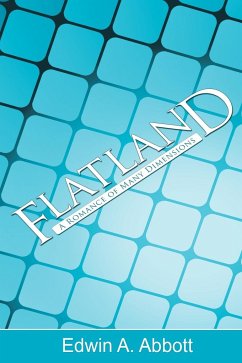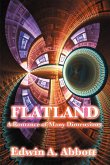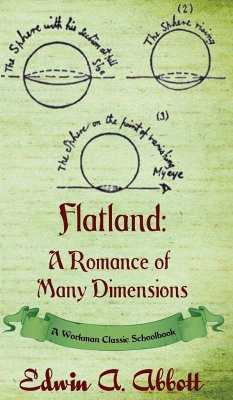Unless you're a mathematician, the chances of you reading any novels about geometry are probably slender. But if you read only two in your life, these are the ones. Taken together, they form a couple of accessible and charming explanations of geometry and physics for the curious non-mathematician. Flatland, which is also available under separate cover, was published in 1880 and imagines a two-dimensional world inhabited by sentient geometric shapes who think their planar world is all there is. But one Flatlander, a Square, discovers the existence of a third dimension and the limits of his world's assumptions about reality and comes to understand the confusing problem of higher dimensions. The book is also quite a funny satire on society and class distinctions of Victorian England. The further mathematical fantasy, Sphereland, published 60 years later, revisits the world of Flatland in time to explore the mind-bending theories created by Albert Einstein, whose work so completely altered the scientific understanding of space, time, and matter. Among Einstein's many challenges to common sense were the ideas of curved space, an expanding universe and the fact that light does not travel in a straight line. Without use of the mathematical formulae that bar most non-scientists from an understanding of Einstein's theories, Sphereland gives lay readers ways to start comprehending these confusing but fundamental questions of our reality.
Bitte wählen Sie Ihr Anliegen aus.
Rechnungen
Retourenschein anfordern
Bestellstatus
Storno








